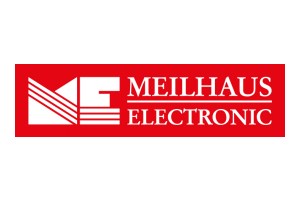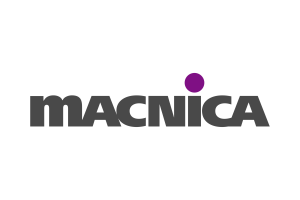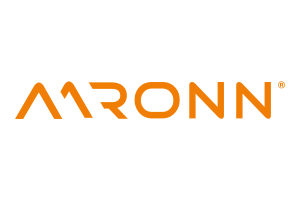Computing boards and modules
»Sustainability is a design feature«
New technologies in the embedded industry, sustainable product design and the role of partnership in development: An interview with Phytec CTO Bodo Huber.
Mr. Huber, what in your opinion is the current state of the embedded industry?
Bodo Huber: Embedded is advancing relentlessly: every smart device and every networked machine incorporates embedded systems. Often, they even make the system »smart« by integrating image processing for example, or new input technologies such as voice control or AI functions into the system. This is also the direction in which we are looking: opening up new technologies for customers with embedded components and comprehensive upfront services, and enabling them to easily integrate and use such devices
in their products.
Then what simplifies the integration of new technologies?
Modern embedded processors have dedicated units for AI algorithms, video and image processing, security, etc. With this, they can offer enormous power density yet be part of a compact design at the same time. We rely on the latest processors and integrate their features in our system-on-modules, single-board computers and turnkey devices. At the same time, we provide a software framework with board support packages and middleware that is optimally adapted to the electronics and simplifies the development of individual applications by our customers. For many tasks such as IoT and cloud integration, update and device management or embedded security, Phytec has developed proprietary solutions and supports customers with know-how and development services.
Will this make embedded systems more and more complex and expensive?
It doesn’t have to be that way. At embedded world, for example, we will be showing a system-on-module with the brand new i.MX-9 processor from NXP for the first time. This was designed as the successor to the low-cost i.MX-6UL and supplements its functionality with an independent AI unit at almost the same price. Our goal is to make this module pin-compatible with the phyCORE i.MX-6UL modules, so that customers can even switch to the new generation during existing projects with very little
effort. At the other end of the scale, we are showing the phyCORE-AM68x/TDA4x,
a SoM with a processor originating in the TI automotive sector that was designed for self-driving robots and other extremely calculation-intensive edge AI applications. Embedded systems based on these modules will perform complex tasks and thus offer high added value for the end applications.
»Embedded. Responsible. Sustainable.« is the motto of this year’s embedded world. How is Phytec contributing to this?
For us, the three terms definitely belong together: We talked earlier about smart devices that make our world better and more convenient – with the help of embedded systems. At the same time, embedded components are always perfectly adapted to their applications and thus optimized per se in terms of economical use of resources and low power consumption. With long-term availability, industry suitable quality and upgrade options as described above in the example of i.MX 6UL and i.MX 9, we would also like to contribute to electronics being used over the long term despite ever faster development cycles and new technologies. Sustainability is thus a design feature. At
the same time, we still see great potential in terms of using additive manufacturing technologies and saving resources in production. We have already achieved some goals with our new building in Mainz. We would like to continue along this path.
The Corona pandemic and supply bottlenecks have dominated the past year. What changes do you notice as a result?
Throughout the whole pandemic period, we were able to maintain supply to our customers, albeit sometimes with some delays. In general, our close partnerships with customers and suppliers coupled with strategic, forward-looking purchasing proved their worth. We are finding that these collaborative partnerships are becoming increasingly important. Customers appreciate the fact that on the one hand we pay close attention to whether the supply of components to their production line is assured or if measures need to be taken, while on the other hand they retain full control over their products. If anything, the Corona crisis strengthened many partnerships – including ours with NXP, who recently named us a Platinum Partner after many years of cooperation. Our common goal is to continue to drive the development of smart embedded components, in the spirit of even greater responsibility and sustainability.









